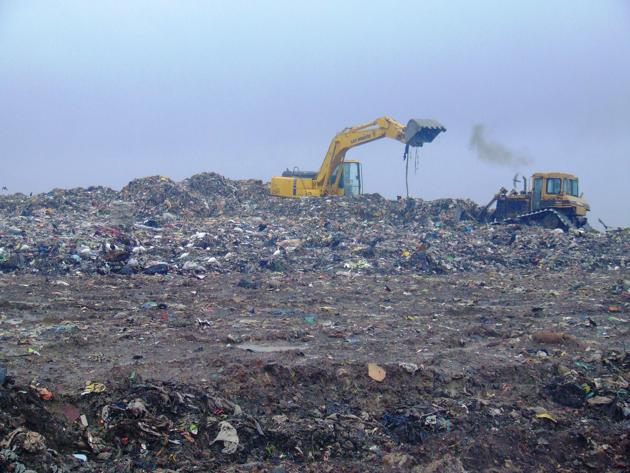Maharashtra is India’s largest waste creator, says new study by Centre
44% of Maharashtra’s waste is generated in Mumbai
Maharashtra generates 15% of India’s trash, with the state contributing 21,867 tonnes per day (TPD) of the nation’s daily output of 1.42 lakh tonnes.

However, only 6,973 TPD – 32% of the total waste generated – is treated in the state, revealed data from EnviStats 2018, a document published by the Central Statistics Office under the Ministry of Statistics and Programme Implementation. The remaining 14,874 TPD is sent to eight landfills.
BR Naidu, zonal officer (west zone), Central Pollution Control Board (CPCB), said, “For Maharashtra, the treatment is currently inadequate considering high population vis-à-vis waste generation.
While collection might be 100%, there are several locations where waste is being dumped in the open. Segregation and recycling at source is essential as most landfills in Maharashtra are at saturation stage.”
Meanwhile, Mumbai, which has about 10% of the state’s pollution, produces 44% of the state’s trash.
According to data recently submitted to the Bombay high court, Mumbai currently generates 9,700 TPD of waste. Of this, 3,500 is scientifically treated at the dumping ground in Kanjurmarg.
HT had on August 5 reported a 105% increase in the daily waste generated in the city, from 5,355 TPD in 1999 to 11,000 TPD in 2016.
Uttar Pradesh, at 19,180 TPD, ranks seconds in trash generations, followed by Tamil Nadu (14,500 TPD) and Gujarat (10,480 TPD). According to the EnviStats data, 91% of the waste generated across the country is collected, but only 23% is treated and 27% is sent to 108 landfills.
According to CPCB, the rest is either treated by private waste recyclers; dumped and treated at smaller dumping grounds at district or village levels; treated at source by large societies, factories or industries; or dumped at smaller collection points.
“Waste is directly linked to wealth. The more prosperous a state is, the more wealth and waste it generates. As a society, Maharashtra is much more developed as compared to other states. However, the processing capacity of the state is very low,” said Swati Singh Sambyal, programme manager, environmental governance (municipal solid waste), Centre for Science and Environment, Delhi.
“A lot of work is happening but it is concentrated to small towns and cities such as Panchgani, Vengurla, Pune and Nashik. However, in cities such as Mumbai, there is no substantial processing at source or at dumping grounds.”
“Effective waste management models from the cities such as Pune and Nashik can be easily replicated but the state urban development department needs to select one and formulate it as a uniform model for the state. While we are not lacking in collection or funds, the main issue is lack of political will towards making cities clean as per central governments’ directives,” said YB Sontakke, joint director, Maharashtra Pollution Control Board.
Stay updated with all the Breaking News and Latest News from Mumbai. Click here for comprehensive coverage of top Cities including Bengaluru, Delhi, Hyderabad, and more across India along with Stay informed on the latest happenings in World News.
Stay updated with all the Breaking News and Latest News from Mumbai. Click here for comprehensive coverage of top Cities including Bengaluru, Delhi, Hyderabad, and more across India along with Stay informed on the latest happenings in World News.






